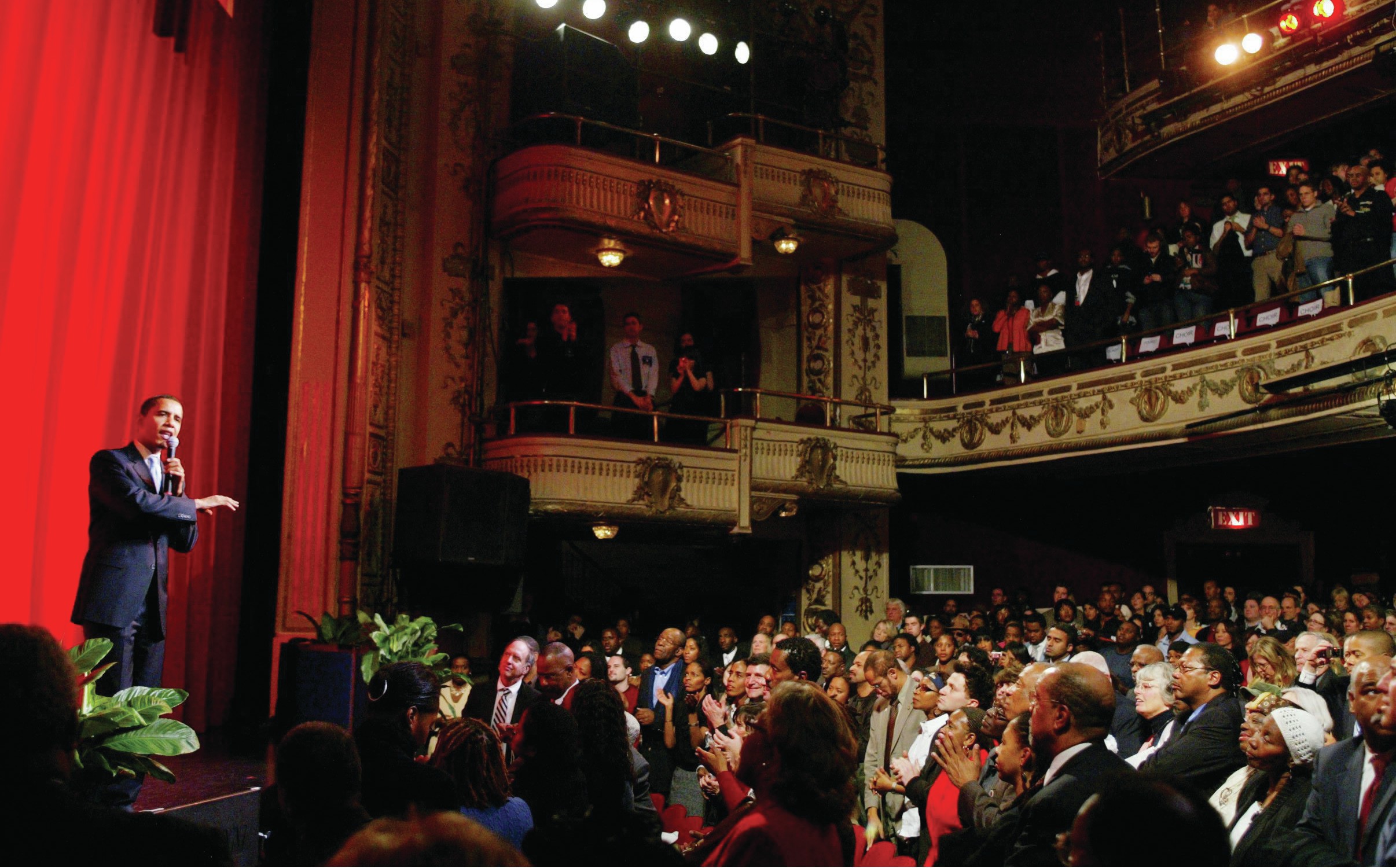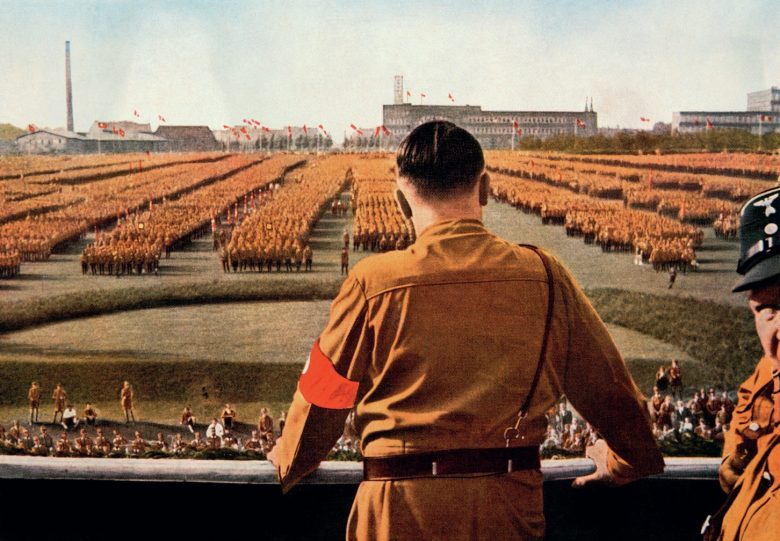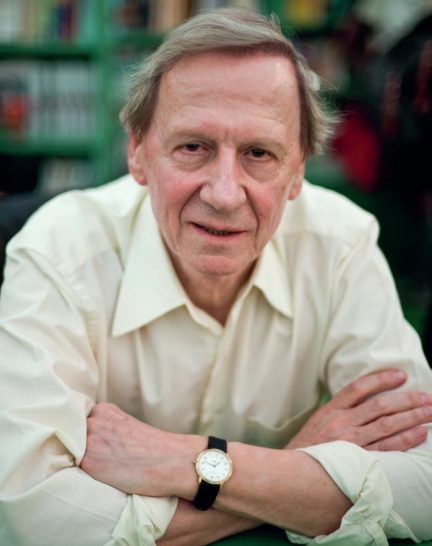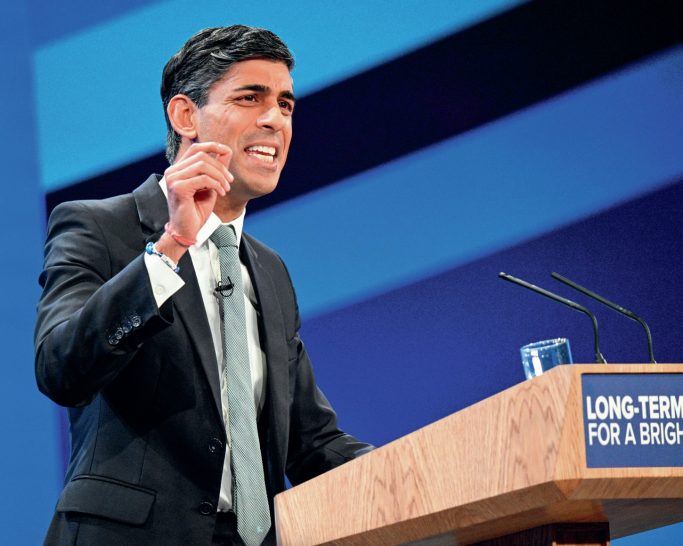
Campaign money comes from a variety of sources: small individual contributions, political action committees (PACs) and, probably of least significance, campaign funds from the candidate’s own political party. An unusual aspect of the 2004 election was that Democrat John Kerry managed to raise almost as much cash as his Republican rival, George W. Bush. Traditionally, Republican candidates raise and spend greater amounts than their Democrat counterparts. Historically, Republicans tend to have a smaller donor base contributing large sums of money, and the Democrats the opposite.
The 2008 election continued both of these trends, becoming the most cash-saturated to date. In both elections, President Bush’s growing unpopularity resulted in increased financial contributions to Democrats. Another unusual aspect of 2008 was that no incumbent ran. Therefore, with a couple of notable exceptions, Hillary Clinton and Rudy Giuliani, the frontrunners for the nominations did not have the luxury of instant brandrecognition by the public.
Your organisation does not have access to this article.
Sign up today to give your students the edge they need to achieve their best grades with subject expertise
Subscribe




